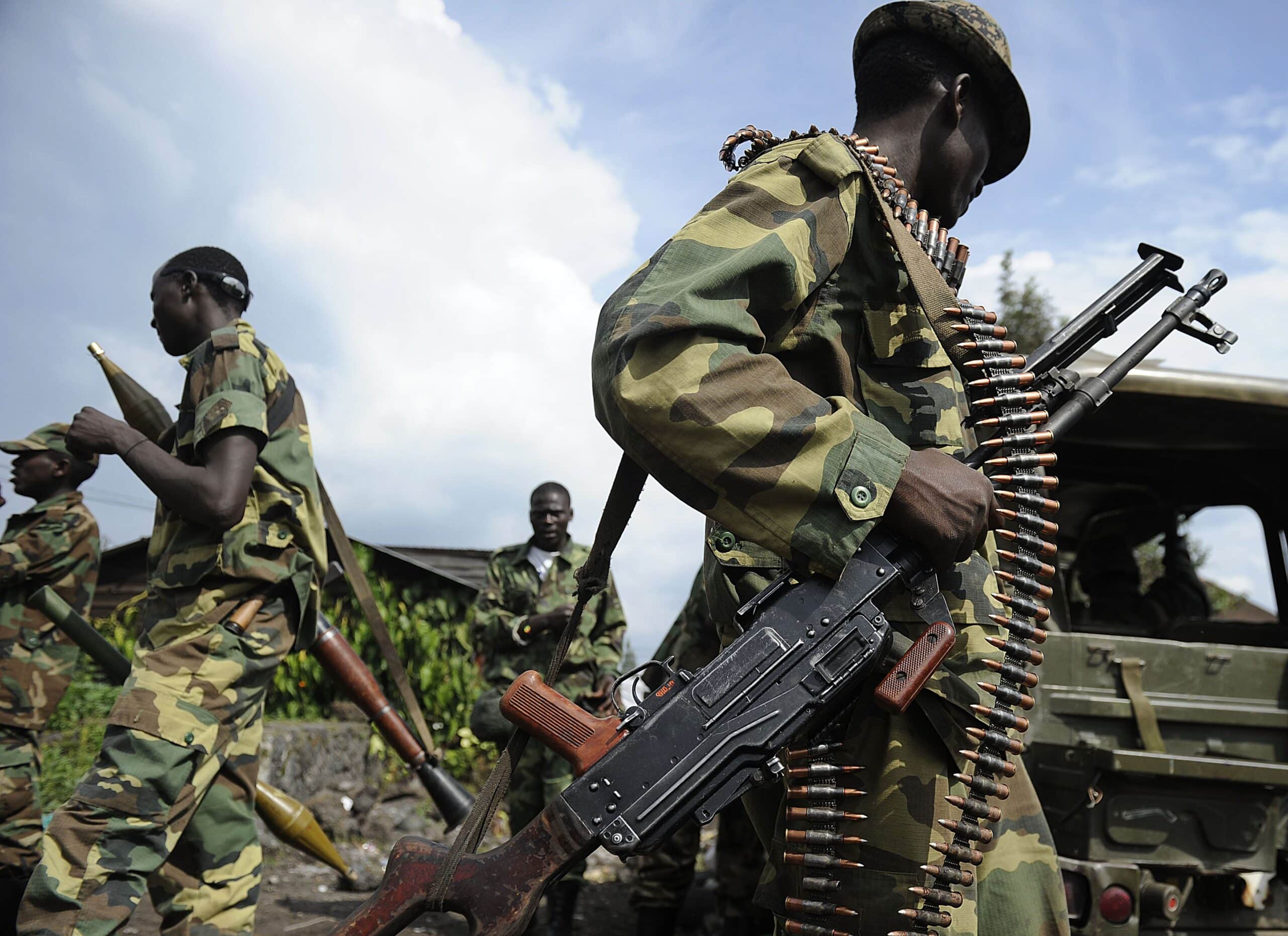China Adjusts Stance Amid DR Congo Conflict

China’s longstanding policy of neutrality in African conflicts is facing a significant shift due to escalating violence in the eastern Democratic Republic of Congo (DRC). The Rwandan-backed M23 rebels have recently captured key cities, prompting Beijing to publicly criticize Rwanda for its military support of the group. This change reflects China’s delicate balancing act of maintaining strong economic ties with both Rwanda and the DRC while ensuring the safety of its business interests in the mineral-rich region.
China’s Evolving Response to Regional Turmoil
Historically, China has refrained from taking sides in African conflicts, prioritizing its extensive commercial interests. This approach has included avoiding criticism of African governments involved in disputes. For instance, China has largely remained silent on the series of coups in West Africa’s Sahel region since 2020, only urging leaders to consider the welfare of their citizens. According to Professor Zhou Yuyuan from the Shanghai Institutes for International Studies, China has adhered to a policy of non-interference in the internal affairs of other nations, typically advocating for diplomatic resolutions through international organizations like the UN or the African Union.
The resurgence of the M23 rebels in eastern DRC, which began in 2021, has prompted a reevaluation of this stance. The M23, composed mainly of ethnic Tutsis, claims to be defending minority rights and reacting to the Congolese government’s failure to uphold a peace agreement. Initially, China’s comments were vague, criticizing “foreign forces” for supporting the rebels. However, recent statements have explicitly named Rwanda, coinciding with the M23’s significant territorial gains, including the capture of Goma and Bukavu. In February, China’s UN ambassador called on Rwanda to cease its military support for the M23 and withdraw its forces from DRC territory.
Motivations Behind China’s Shift
Experts suggest that China’s recent shift in tone may be influenced by UN reports detailing Rwanda’s involvement with the M23. Professor Zhou notes that the situation has persisted long enough for the international community to recognize the underlying issues without needing to maintain silence. Although China’s criticism of Rwanda is a notable departure from its usual diplomatic approach, it remains relatively mild, expressing hope rather than outright condemnation.
The urgency of this shift may also stem from China’s vested interests in DRC’s mineral wealth. The ongoing conflict is primarily concentrated in North Kivu and South Kivu provinces, where many Chinese-operated gold mines are located. The M23’s control over areas rich in coltan ore, a crucial resource for electronics, further complicates the situation. DRC is responsible for approximately 40% of the world’s coltan supply, and any disruption in mining operations could significantly impact China’s imports. Reports indicate that the M23 has been smuggling coltan to Rwanda, leading to a 50% increase in Rwanda’s coltan exports from 2022 to 2023, raising concerns about the implications for China’s supply chain.
China’s Military Involvement and Diplomatic Relations
China has provided military supplies to both Rwanda and DRC over the past two decades. The Rwandan military has acquired Chinese armored vehicles, artillery, and anti-tank missiles, while the Congolese armed forces have purchased Chinese drones and armored personnel carriers. Despite allegations that Rwanda has armed the M23, it remains unclear whether the rebel group is utilizing Chinese weaponry.
Despite the tensions, both Rwanda and DRC maintain that their relations with China remain strong. The Rwandan embassy in Beijing emphasized the continued excellence of their ties, while discussions between Chinese officials and Congolese leaders have continued, albeit without public details. China’s economic interests in both countries are deeply entrenched, with significant investments under the Belt and Road Initiative. In Rwanda, China has funded infrastructure projects, including schools and highways, while in DRC, it has secured access to vital mineral resources through extensive loans and investments in infrastructure.
Observer Voice is the one stop site for National, International news, Sports, Editor’s Choice, Art/culture contents, Quotes and much more. We also cover historical contents. Historical contents includes World History, Indian History, and what happened today. The website also covers Entertainment across the India and World.

